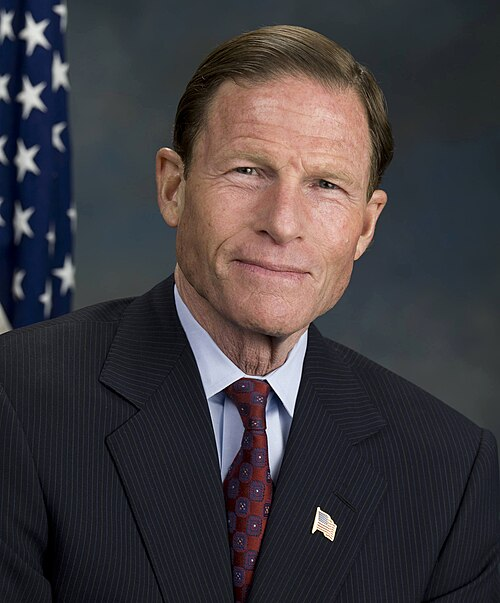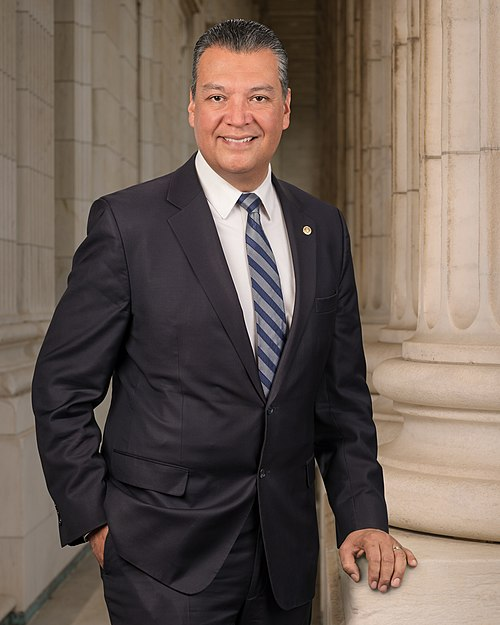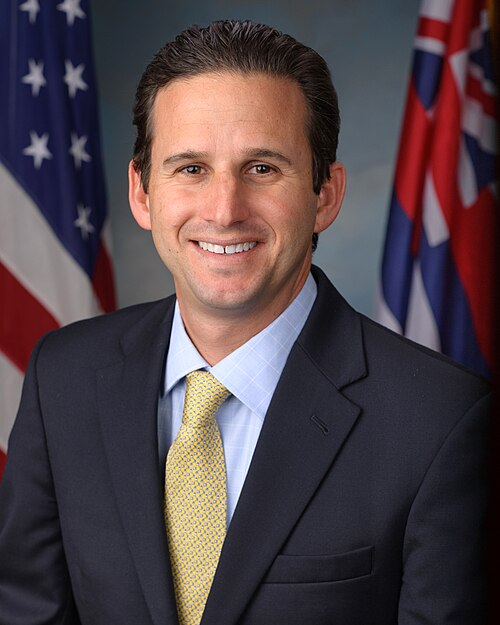S. 1506: Medicare for All Act
The Medicare for All Act establishes a national health insurance program designed to provide comprehensive healthcare coverage to all residents of the United States. The key features of this bill include:
Universal Coverage
The program aims to ensure that all U.S. residents have access to healthcare without patient cost-sharing. This means that individuals will not face out-of-pocket expenses such as deductibles or copayments when receiving medical services.
Provider Participation and Benefits
The bill outlines the requirements for healthcare providers who wish to participate in the program. It specifies the comprehensive benefits that will be available under this national insurance system. This includes a range of medical services, preventive care, and necessary treatments.
Administrative Framework
The Act establishes frameworks for the administration of the program, including how provider payments are managed and the oversight responsibilities of the Secretary of Health. The bill includes measures to ensure that healthcare quality standards are upheld and that there is a systematic approach to managing the national health budget.
Employee Protections
To promote adherence to the Act, the bill includes protections for employees who report violations or participate in investigations. Employees can seek relief if they face discrimination as a result of their reporting. It also defines the roles of "employer" and "employee" within this context.
Healthcare Disparities and Compensation
The legislation addresses health disparities, particularly in rural or underserved areas, aiming to enhance the quality of patient care. It sets compensation limits for providers and introduces a fee schedule under the Medicare for All Program to ensure equitable access to services. The Secretary is required to update these provisions annually to adapt to ongoing healthcare needs.
Continuity of Care Regulations
During the transition to the Medicare for All system, the bill safeguards healthcare coverage for individuals, preventing disruptions in care. This is particularly important for patients with disabilities and chronic conditions. The Secretary must engage with advocacy groups to ensure these individuals receive consistent care throughout the transition period.
Medicaid and Long-Term Care
The Act provides details about the continuation of Medicaid coverage for long-term care services not included under Medicare for All. It requires that states maintain their efforts regarding these services and work in coordination with the national program to ensure comprehensive care is available. Additionally, the bill clarifies that health benefits for veterans and Native Americans must not be negatively affected by the changes introduced by Medicare for All.
In Summary
The Medicare for All Act is a comprehensive plan aimed at transforming the U.S. healthcare system into one that provides universal coverage with no out-of-pocket costs for patients. It includes strict regulations for provider participation, employee protections, and addresses important issues such as health disparities and continuity of care.
Relevant Companies
None found
This is an AI-generated summary of the bill text. There may be mistakes.
Sponsors
18 bill sponsors
-
TrackBernard Sanders

Sponsor
-
TrackTammy Baldwin

Co-Sponsor
-
TrackRichard Blumenthal

Co-Sponsor
-
TrackCory A. Booker

Co-Sponsor
-
TrackKirsten E. Gillibrand

Co-Sponsor
-
TrackMartin Heinrich

Co-Sponsor
-
TrackMazie K. Hirono

Co-Sponsor
-
TrackBen Ray Lujan

Co-Sponsor
-
TrackEdward J. Markey

Co-Sponsor
-
TrackJeff Merkley

Co-Sponsor
-
TrackAlex Padilla

Co-Sponsor
-
TrackBrian Schatz

Co-Sponsor
-
TrackAdam B. Schiff

Co-Sponsor
-
TrackTina Smith

Co-Sponsor
-
TrackChris Van Hollen

Co-Sponsor
-
TrackElizabeth Warren

Co-Sponsor
-
TrackPeter Welch

Co-Sponsor
-
TrackSheldon Whitehouse

Co-Sponsor
Actions
2 actions
| Date | Action |
|---|---|
| Apr. 29, 2025 | Introduced in Senate |
| Apr. 29, 2025 | Read twice and referred to the Committee on Finance. |
Corporate Lobbying
0 companies lobbying
None found.
* Note that there can be significant delays in lobbying disclosures, and our data may be incomplete.
Potentially Relevant Congressional Stock Trades
No relevant congressional stock trades found.